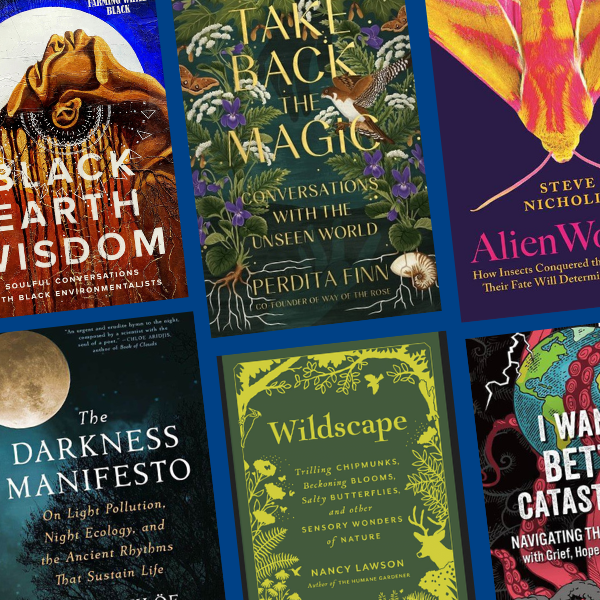
If you’ve ever had to find a cookbook, a history book, or a health book in our library, you’ve dealt with the Dewey Decimal Classification (DDC) System. This is the classification method most public libraries in the U.S. use to organize their nonfiction collection by topic.
DDC is broken down into 10 broad categories, with numbers assigned to those areas:
- 000 General Knowledge
- 100 Psychology and Philosophy
- 200 Religions and Mythology
- 300 Social Sciences and Folklore
- 400 Languages and Grammar
- 500 Math and Science
- 600 Medicine and Technology
- 700 Arts and Recreation
- 800 Literature
- 900 Geography and History
The numbers get more specific as the topics get more specific, and the decimals can go out several digits for very specialized topics.
As an example, titles on the history of the United States have call numbers starting with 973, while titles on U.S. history after 1900 start with 973.9, and titles on current U.S. history start with 973.93. Because different titles can have the same Dewey number, the author’s last name is added to the number to make up the “call number.”
As useful as DDC is for organization, it was created by American librarian Melvil Dewey in the 1870s and is very much a reflection of his beliefs and prejudices. Though classifications have changed over the years, more numerical space is still given to white, Euro-centric, and Protestant topics than others.
In the Religions and Mythology section (200), for example, Christianity is represented by 220-290, leaving only 290-299 for other religions.
LGBTQ+ related books are often listed in the “Sexual orientation” category (306.7) instead of in the “Groups of People” section (305), focusing on only one aspect of LGBTQ+ culture.
History books about African Americans, immigrants, and women often end up not in American History (973), but in Social Sciences, marginalizing those groups’ histories as something separate from “standard” American history.
DDC can also be difficult to use for people who are not literate in English or familiar with decimal numbers and how they work. This is a barrier to access, especially for children.
With all these problems, what are libraries doing to improve access and fairness? Well, libraries can reclassify titles to numbers that are more appropriate and fairer to diverse communities. Other libraries are ditching Dewey altogether, going with subject categories like in a bookstore. Some are adding these subject categories on top of Dewey numbers, so nonfiction books are easier to find without staff help while still having that detailed Dewey organization.





